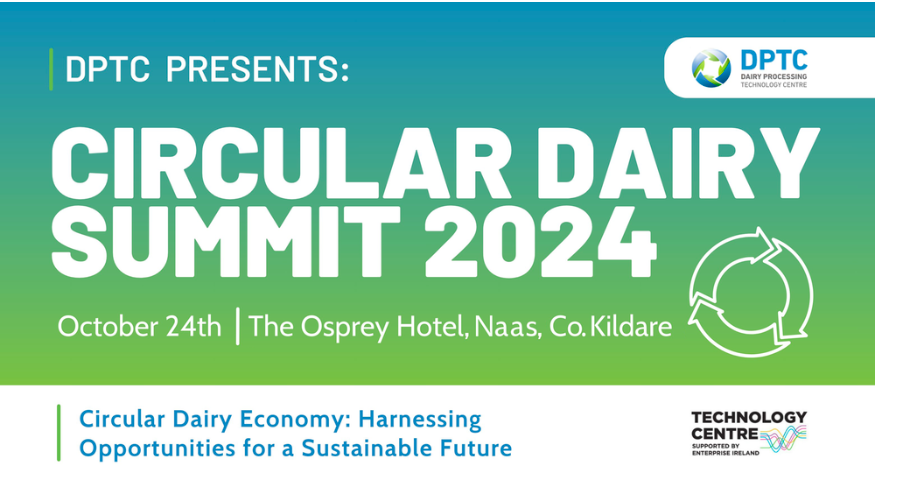RGFI received leadership recognition from the Business Post this month, as CEO PJ McCarthy,…
Project Clover calls for early implementation of RHO
As the Government concludes its consultation on the renewable heat obligation scheme (RHO), the leading Irish agri-food industry collaboration, Project Clover, and industry members of the Renewable Gas Forum (RGFI), have responded with strong support for the introduction of an RHO by 2023. An RHO scheme, similar to that used to facilitate a biofuels obligation scheme in the Irish transport sector, would provide the market structure necessary to support large scale, on-farm biomethane production.
The Project Clover collaboration, led by Danone, along with Wyeth Nutrition, Glanbia Ireland, Dairygold, Carbery, Lakeland Dairies and Tipperary Co-op, has declared its commitment to large scale, indigenous biomethane production on Irish farms, as the only commercially feasible and technically proven, means of decarbonising the Irish food supply chain. Based on a KPMG Project Clover Feasibility report, Oct 2021, they are confident that a biomethane target of 11% can be achieved by 2030 if the RHO is introduced as a matter of urgency.
Donal Dennehy, Danone Ireland and chair of Project Clover said, “Industry is willing and able to play its part in the transition to carbon neutrality. However, having the right market conditions, to support a scalable, renewable agri-based biomethane industry, is essential if we are to remain competitive and sustain economic growth. This includes the introduction of a renewable heat obligation scheme by 2023 and capital grants towards the construction of AD plants.”
The Renewable Gas Forum Ireland (RGFI) – co-ordinating lead on Project Clover – has encouraged all of its members to support the proposed RHO.
RGFI CEO PJ McCarthy commented: “The proposed RHO is industry led and is the only secure way of providing investment confidence and certainty. It would encourage the development of Ireland’s renewable gas supply and would not be subject to variations or pressures that can be faced through the provision of enduring subsidies. The RHO and other measures put to Government are urgently required to support renewable gases (biomethane and bio-LPG ) to allow them to play their vital role in decarbonising difficult to decarbonise thermal processes and heating demand, for both on and off grid solutions”.
The KPMG Project Clover Feasibility report outlines the industry proposition to displace over 680kt CO2 per annum by 2030, as a conservative estimate. The findings of Project Clover have fed into a further KPMG / Devenish report, commissioned by Gas Networks Ireland, which states that the full potential of biomethane to reduce CO2 emissions is over 1.9 million tonnes per annum at maximum potential production of 9.5TWh, based on improved efficiency across land already in agricultural production, using mixed species swards and the application of digestate.
The industry awaits the outcome of the RHO consultation and anticipate an announcement from Government before year end 2021, as an important step in achieving the Project Clover vision of decarbonisation through regenerative agriculture, supporting the Irish food and drinks industry, and creating and sustaining 3,000 jobs across rural Ireland
References:
Project Clover Feasibility Report, KPMG, Oct 2021 summary
Project Clover Feasibility Summary, KPMG, 2021
‘Sustainability of Biomethane Production in Ireland – Exploring how Ireland can deliver a sustainable, agriculture-led biomethane industry’ KPMG / Devenish, 2o21
https://www.gasnetworks.ie/biomethane-sustainability-report-2021.pdf
A Business Case for Biomethane in Ireland, KPMG, 2019
KPMG A business case for biomethane




This Post Has 0 Comments